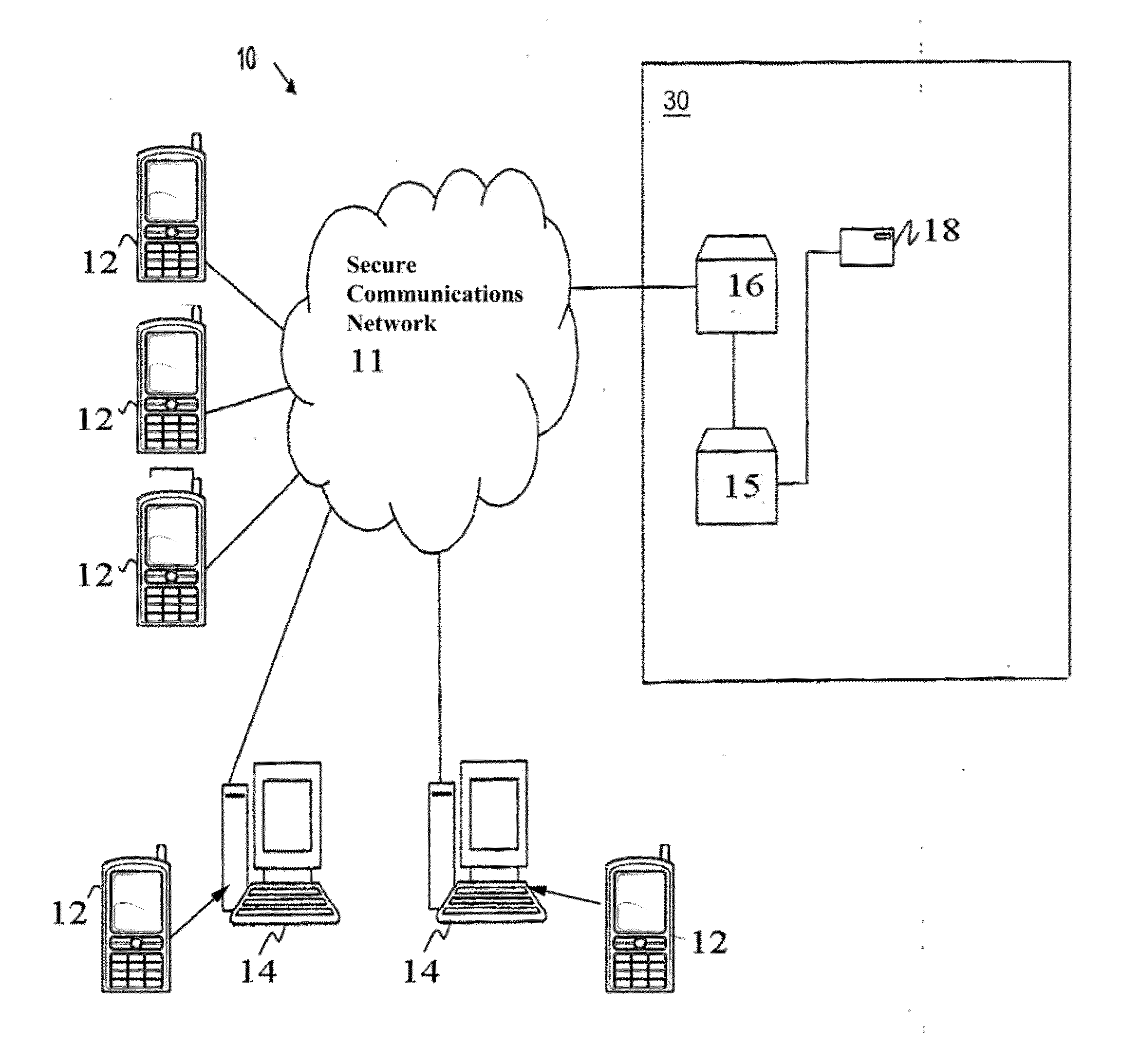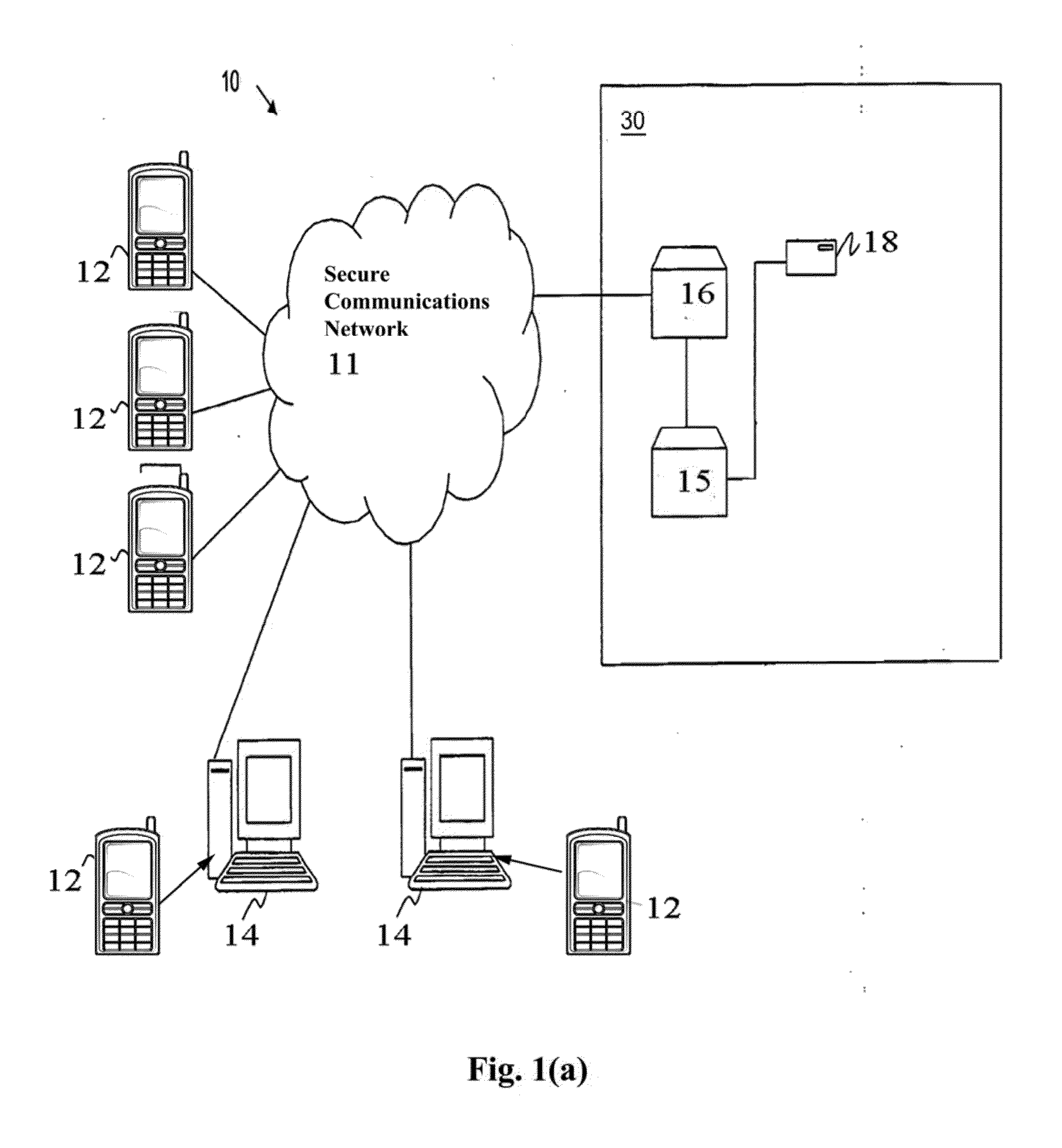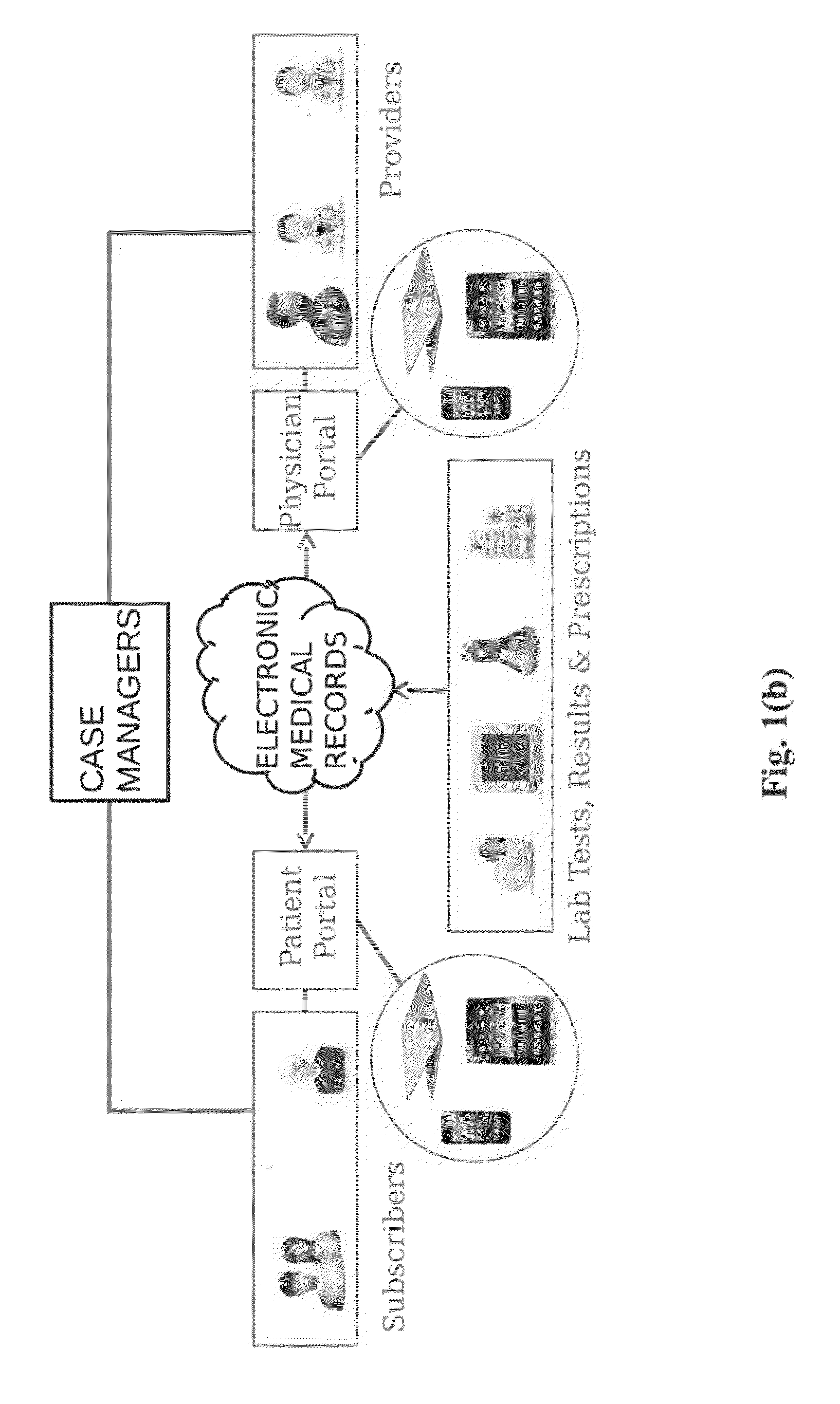System and method for behavioral health case management
a behavioral health and case management technology, applied in the field of behavioral health case management software, can solve the problems of increased risk of mental illness, increased risk of depression and mental illness, increased risk of medical conditions for individuals with mental illness, etc., and achieves the effect of convenient review, efficiency and cost saving
- Summary
- Abstract
- Description
- Claims
- Application Information
AI Technical Summary
Benefits of technology
Problems solved by technology
Method used
Image
Examples
Embodiment Construction
[0040]Described herein is chronic illness management system that uses predictive analytics to enable case managers to virtually support and manage behavioral health patient populations and coordinate collaborative care (also called integrative care). The system according to the present invention is multi-platform, cost-effective, scalable, and HIPAA compliant, it provides a way to facilitate connections and communications between a patient's PCPs and behavior health providers using virtual case-managers, and to provide 24 / 7 case management assistance to patients using a team of case managers, or “care managers”, centered around the patient's individual selected care manager.
[0041]The behavioral case management method according to the present invention may be implemented in a data processing network comprising two or more remote workstations, such as a personal computer, mobile phone, tablet, or the like, at least one application server and at least one secure, HIPPA-compliant databa...
PUM
 Login to View More
Login to View More Abstract
Description
Claims
Application Information
 Login to View More
Login to View More - R&D
- Intellectual Property
- Life Sciences
- Materials
- Tech Scout
- Unparalleled Data Quality
- Higher Quality Content
- 60% Fewer Hallucinations
Browse by: Latest US Patents, China's latest patents, Technical Efficacy Thesaurus, Application Domain, Technology Topic, Popular Technical Reports.
© 2025 PatSnap. All rights reserved.Legal|Privacy policy|Modern Slavery Act Transparency Statement|Sitemap|About US| Contact US: help@patsnap.com



